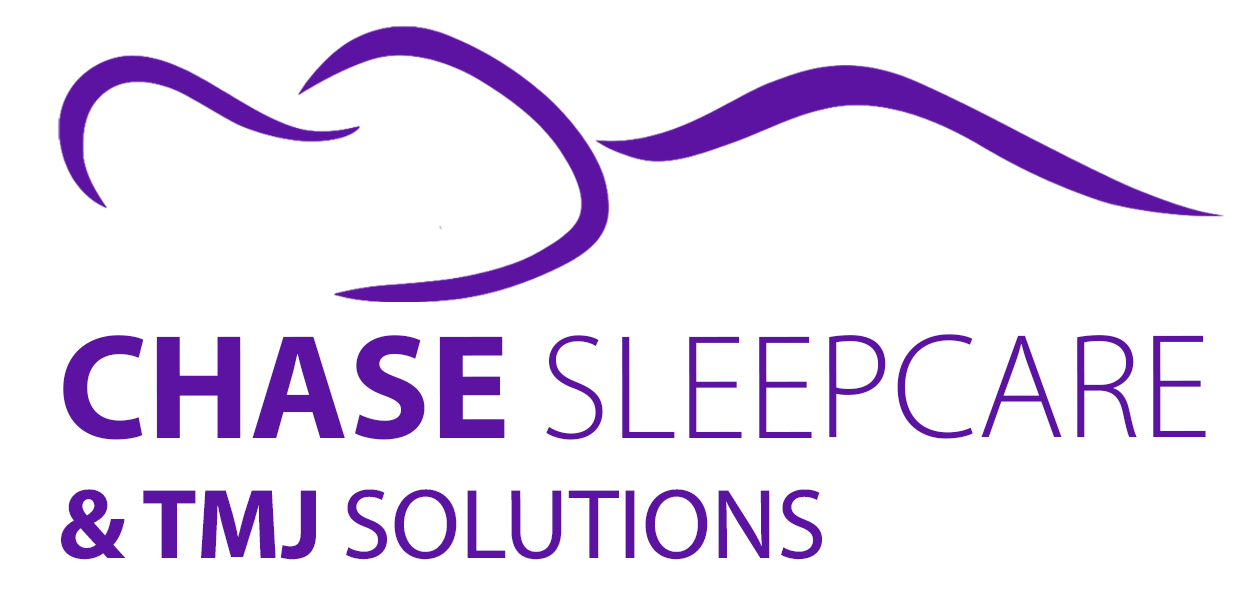Sleep apnea is a sleep disorder which is characterized by hypopnea. This is a decrease in breathing during sleep or apnea which is a pause in breathing during one’s sleep. This is a very serious condition and it can lead to a lot of different health complications including death.
Some patients with sleep apnea may have mental health disorders like depression, bipolar disorder, and anxiety or panic disorders. During sleep apnea, the brain receives a “panic” signal which jerks the body awake and helps you resume breathing. This leads to broken sleep.
Panic Disorder
Panic disorder is an extreme form of the anxiety disorder which features recurrent panic attacks. Studies regarding the link between sleep apnea and panic attacks show that those suffering from sleep apnea did, in fact, have more panic attacks than others. Waking up from sleep, with feelings of choking can lead to signs of anxiety caused by sleep apnea. Continued episodes of apnea increase the risk of panic disorder.
Sleep apnea can alter brain structure with time. It decreases the frontal lobe and damages similar brain regions. This is often seen in patients with panic disorders. Sleep apnea is definitely a risk factor for panic attacks. Repeated obstructions while sleeping can set off a constant fight or flight response. Waking up suddenly, triggered by sleep apnea events causes nervous system reactions such as heart racing and a feeling of doom.
Panic Attacks
Panic attacks are generally characterized by heart palpitations, sweating, trembling, dizziness, a sense of impending doom, a sense of being detached from reality, a sudden feeling of fear and a fear of losing control. These panic attacks may occur during sleep or during the daytime as a lack of sleep can lead to fatigue and anxiousness. Sleep apnea does not only cause anxiety but also aggravates it.
Lack of sleep can, in turn, increase panic attacks and symptoms of anxiety. The biochemical reaction which comes with lack of sleep can make you feel overstressed and nervous. Tension and stress can cause a nervous system reaction which makes you take short, shallow breaths leading to retention of carbon dioxide. Increased carbon dioxide can trigger panic attacks and also fear. Hence sleep deprivation can contribute to increasing panic attacks.
The link between sleep apnea and panic attacks is undeniable. If you feel that you suffer from sleep apnea and it is increasing the frequency of your panic attacks, perhaps it is time to see a sleep doctor and invest in a dental appliance for sleep apnea to treat the condition.
We offer treatment for sleep apnea, TMJ, and Botox. We are located in Staten Island, Williston Park, East Meadow, New York and surrounding cities. Call us to book your appointment today.
